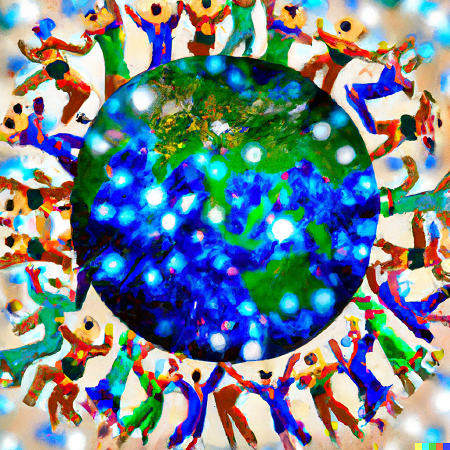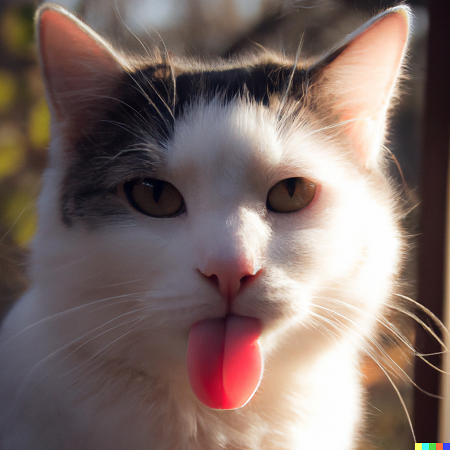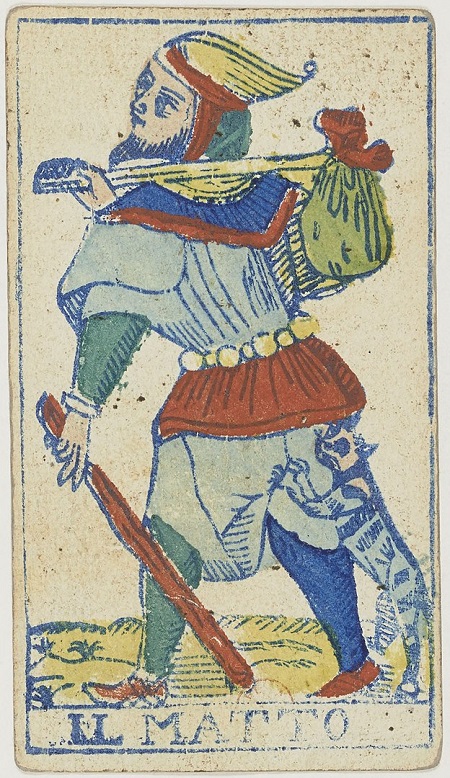
Cosa porterà di bello questo Nuovo Anno?
Speriamo che dal caos degli ultimi anni, (fra covid, guerre ed emergenza clima), potremo costruire un mondo migliore.
Nel frattempo, cerchiamo di trascorrere più tempo avvolti nell’armonia dell’Universo, a contatto con i poteri curativi della natura, dell’arte e della bellezza.
Guarderai le stelle a Capodanno?
What will this New Year bring?
Let’s hope that from the chaos of recent years, (between covid, wars and the climate emergency), we will be able to build a better world.
In the meantime, let’s spend more time surrounded by the harmony of the Universe, in contact with the healing powers of nature, art and beauty.
Will you look at the stars on New Year’s Eve?
Happy New Year!
To practice Italian this week we invite you to read and watch…
PRACTICE HERE: Italian/English Version
Image courtesy of Atiabii on pexels









